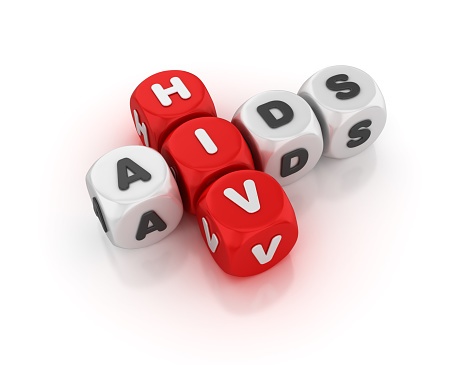A study assessed COVID-19 vaccination behavior of people living with HIV (PLWH). The results appeared in the journal Vaccines.
This was a cross-sectional web-based survey of 350 PLWH aged 18 years and older. The survey was conducted from May 1 to June 20, 2021. The survey included social demographic information, vaccination behavior, and questions related to perceived usefulness, perceived risks, subjective norms, perceived behavior control, and behavior intention. The researchers assessed the links between the questionnaire variables and COVID-19 vaccination behavior using descriptive data, correlation analysis, and structural equation modeling.
According to the results, 44% of the 350 eligible respondents had received a COVID-19 vaccine. The researchers noted that differences in COVID-19 vaccination behavior according to age, gender, religious belief, marital status, income, education level, and occupation were not obvious (P >0.05). The results found that perceived usefulness of the vaccine had a significantly negative effect on perceived risk (p < 0.05), and perceived risk had a significantly negative effect on intention to get vaccinated (P <0.05). Subjective norms had a markedly positive effect on behavior intention (P <0.05), and behavior intention had a significantly positive effect on behavior (P <0.05), the researchers further noted. Overall, the study found that perceived risks fully mediated the effects of perceived usefulness on behavior intention, and behavior intention fully mediated the effects of perceived risk and social norms on behavior (P <0.05).
“Health policymakers and medical workers should provide more information about the risks of vaccine application to improve the vaccination behavior of PLWH,” the researchers concluded.
Link: https://pubmed.ncbi.nlm.nih.gov/34835219/
Keywords: COVID-19 vaccination behavior, behavioral intention, mediating role, people living with HIV, perceived risk









